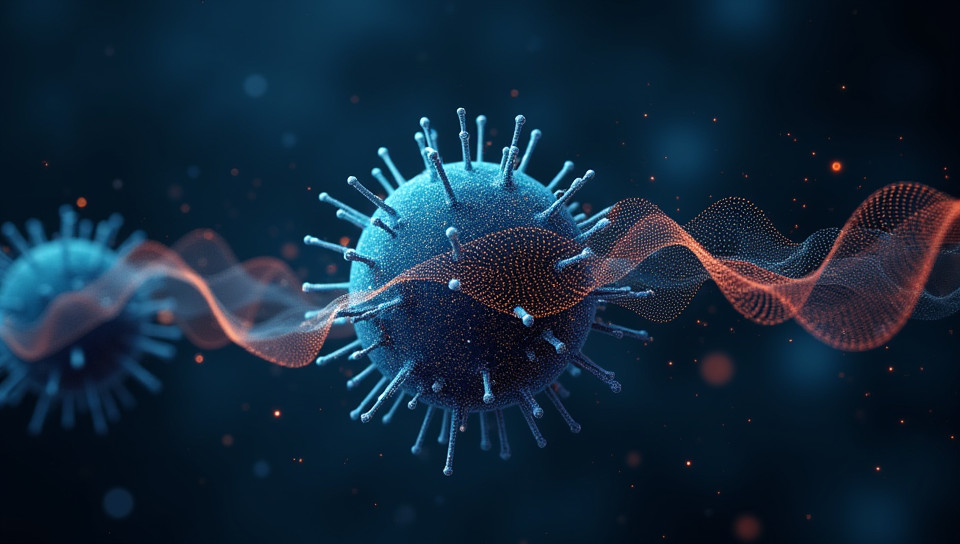Correlation does not imply causation in science 59%

The Hidden Danger of Correlation: Why It Doesn't Equal Causation
As scientists, we're often tempted to leap to conclusions when we spot a correlation between two variables. We see a pattern emerge, and our minds start racing with possibilities about what might be causing it. But here's the thing: correlation does not imply causation. In fact, mistaking correlation for causation can lead us down a path of flawed research and misguided decision-making.
What is Correlation?
Correlation refers to the relationship between two or more variables that tend to change together in some predictable way. For example, there's a strong positive correlation between the number of hours spent studying and grades achieved by students. But what does this mean exactly? Does studying actually cause better grades, or are other factors at play?
The Problem with Correlation
The issue with correlation is that it doesn't tell us anything about the underlying relationship between variables. It merely shows that they tend to move together in some way. This can be due to a variety of factors, including:
- Coincidence
- Confounding variables (third variables that affect both correlated variables)
- Reverse causality (the effect is actually caused by something else)
- Measurement errors
Real-Life Examples
To illustrate the problem with correlation, consider these examples:
- There's a strong positive correlation between ice cream sales and drowning deaths. But does eating ice cream cause people to drown?
- A study finds that there's a positive correlation between the number of hours spent watching TV and obesity rates. Is watching TV directly causing people to become obese?
Why Causation Matters
Causation is what we really want to establish when conducting scientific research. We need to identify the underlying factors driving a particular outcome, so we can make informed decisions about how to improve things. But correlation doesn't give us that.
- Without causation, we risk misattributing effects and implementing ineffective solutions.
- Causal relationships are often much more complex than simple correlations suggest.
- Establishing causation requires careful experimentation, control for confounding variables, and a deep understanding of the underlying mechanisms at play.
The Bottom Line
Correlation is an interesting phenomenon that can give us clues about potential relationships between variables. However, it's crucial to resist the temptation to jump to conclusions about causation based on correlation alone. By taking the time to carefully design experiments, control for confounding variables, and establish a clear understanding of causal mechanisms, we can ensure our research is grounded in science – not just speculation.
In conclusion, while correlation may be intriguing, it's merely the tip of the iceberg when it comes to uncovering the underlying causes of complex phenomena. By acknowledging the limitations of correlation and striving for causation, we can make more informed decisions and advance our understanding of the world around us.
- Created by: Sofia David
- Created at: Oct. 14, 2024, 6:13 a.m.
- ID: 12683


